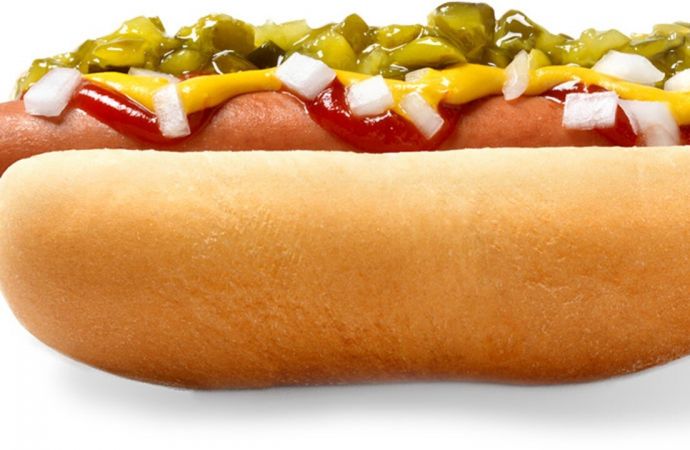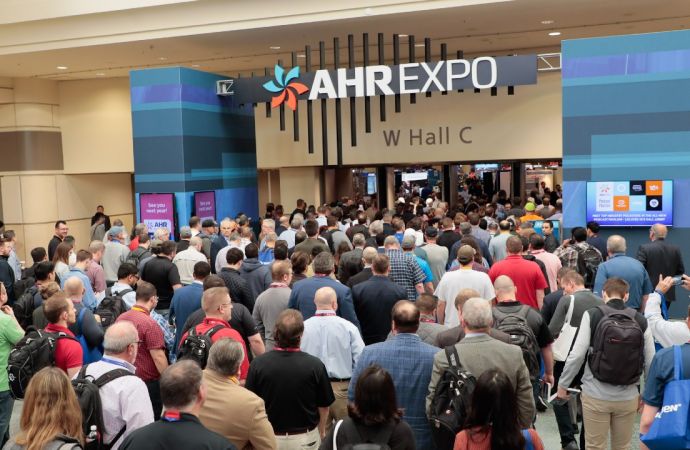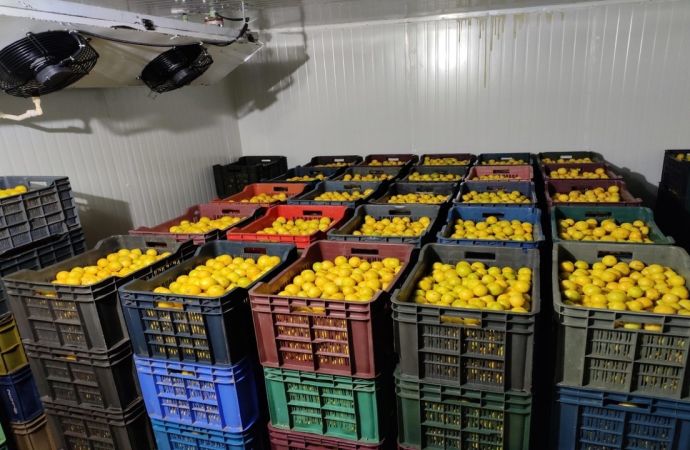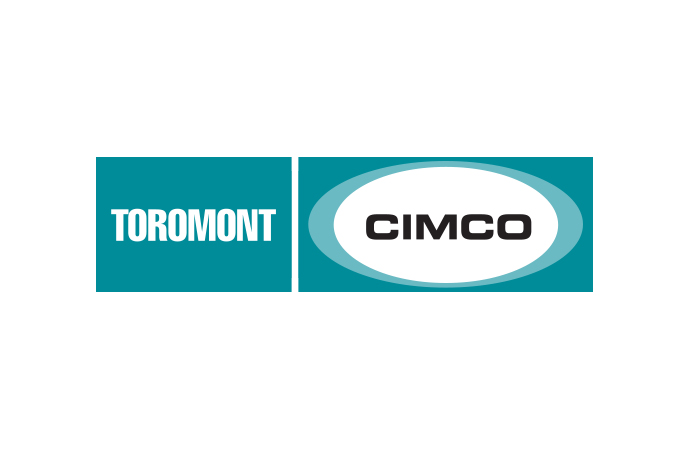Heat tapped from Maple Leaf Foods’ ammonia system is used to generate boiler make-up water.

Image from Maple Leaf Foods’ website.
Maple Leaf Foods (MLF), a Mississauga, Canada-based meat and plant-based proteins producer, was able to reduce the use of natural gas in the boiler system at one of its meat processing plants by over 600,000m3 (21,188,800ft3) per year by using the heat generated by the facility’s ammonia/NH3 (R717) refrigeration system.
The project was described by Canadian contractor Cimco Refrigeration in a case study on Cimco’s website.
Cimco installed the original ammonia refrigeration system (with a capacity of 6,000TR/21,101kW), and later a desuperheater from Doucette Industries that leverages waste heat from the system to generate boiler make-up water. This project was the largest desuperheater installation in Ontario, Canada, Cimco said.
The 600,000m3 of gas saved per year is roughly equivalent to an 8% reduction of the plant’s natural gas usage. This represents a reduction of 1,172 metric tons of CO2e emissions per year, a 5.5% reduction in the plant’s greenhouse gas emissions.
According to Cimco, if the facility saved 626,000m3 of natural gas, the monetary savings per year would be $137,742. MLF expects a sizable project subsidy from a utility provider, which would produce a return on net assets (RONA) in 5 years.
In addition to the desuperheater installation, Cimco provided piping installation and insulation, controls and electrical services, and system commissioning.
In planning the project, Cimco had to limit downtime, while pumping down a very large plant consisting of 20,000lbs (9,071kg) of ammonia. Back-up cooling was supplied during the plant shutdown to maintain an inventory of US$2million in refrigerated product.
Prior to this project, Cimco also completed a feasibility study to project the potential natural gas savings.
Ambitious sustainability goals
The desuperheater project dovetailed with MLF’s goal to become “the most sustainable protein company on earth.” In 2019, MLF became the first Canadian food company to set science-based targets for greenhouse gas emissions, and the world’s first major food company to reach carbon neutrality.
In a press release to celebrate a year of being carbon-neutral, MLF President and CEO Michael McCain said, “Our journey to become the most sustainable protein company on earth has only just begun and we are invested at every level of our organization to urgently address the negative impact of carbon emissions on the environment.”
He added, “We have ambitious science-based targets that will guide our progress in the years to come, and we are committed to long-term leadership in sustainability.”
MLF’s sustainability goals include reducing its environmental footprint and food waste by 50% by 2025, and to reduce absolute greenhouse gas emissions produced from its operations and electricity purchased by 30% by 2030.
We are invested at every level of our organization to urgently address the negative impact of carbon emissions on the environment.” – Michael McCain, Maple Leaf Foods
Related stories




